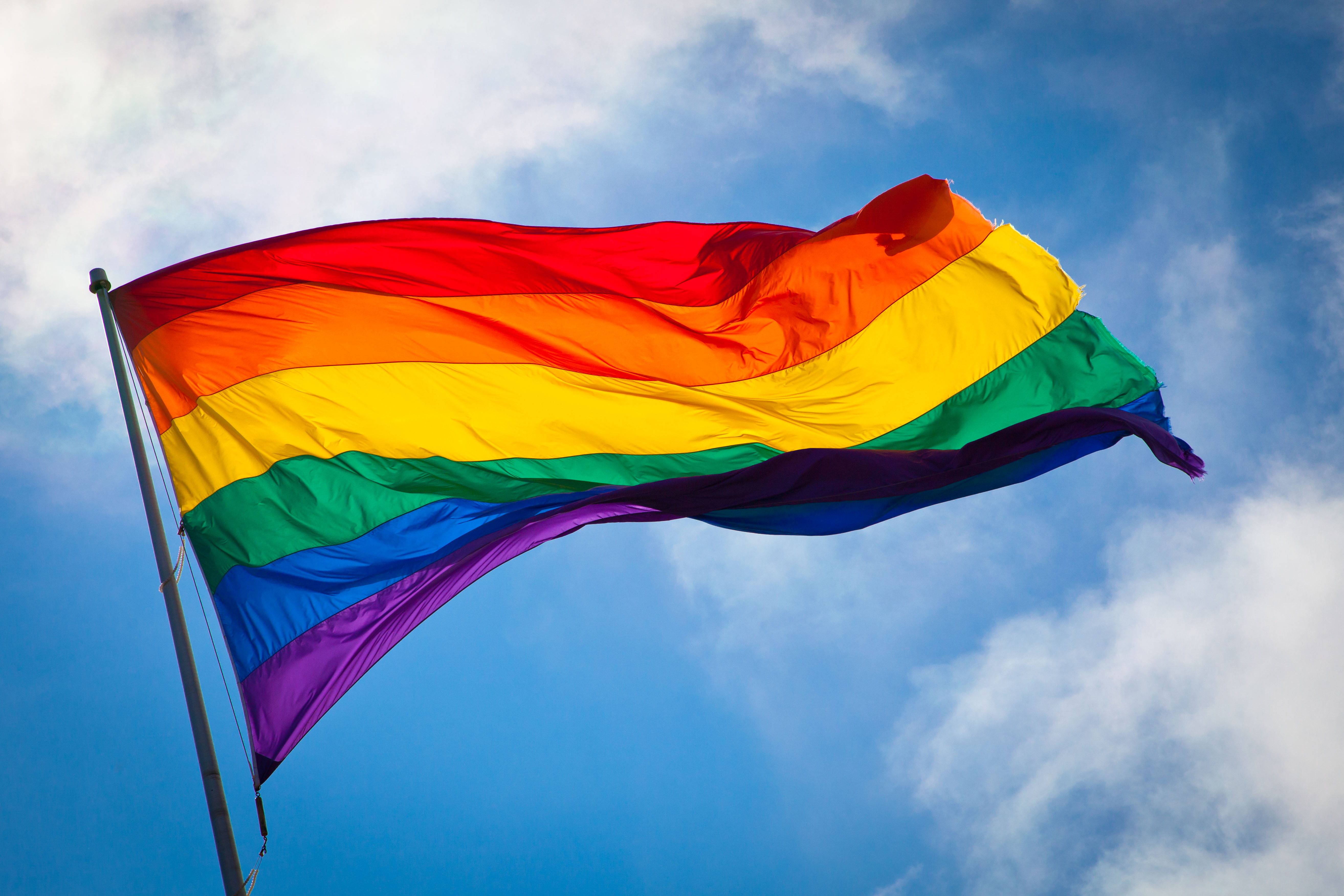This month is LGBTQ+ History month, and over twenty events are taking place at Sussex, making it the university’s biggest LGBTQ+ History Month to date. This annual observance has only been taking place in the UK since 2005, and it is intended to celebrate, raise awareness and combat prejudice.
Months that celebrate the histories of minorities are not new – in the US, February has been dedicated to celebrating Black History for the last 40 years. For the UK, Black History Month is October. But in 2016, many people ask whether these history months are still required. More significantly, do these events promote recognition, inclusion and diversity, or do they go against the basic features of equality?
Sussex LGBTQ+ society have planned events that shine a light on gay, lesbian, transgender and bisexual histories; they will be hosting film screenings, discussions and parties. These events are intended to focus on significant figures, historical events and topics with an emphasis on LGBTQ perspectives and individuals. They will be showing films that focus on prominent figures and topics in LGBTQ histories, such as Kumu Hina and Tongues Untied, and holding panel discussions on subjects like religion and belief.
Some people find these months as contradictory to the principles of equality, particularly in the present context of having equal civil rights for all people. Speaking to students on Sussex Campus, the question has been raised: “We have equal rights now, so what’s the point?”
However, these concerns fail to view the importance of identity representation within society. It seems to one individual that “the default majority group are heterosexual and white, and this shapes what we see in mainstream society and culture. This can make you feel alienated as a gay person growing up.”
Certainly, the recent Oscars controversy with #oscarsowhite demonstrates that there is a problem of the cultural representation of minorities. Often, portrayals of minority groups in the media are one dimensional and tokenised.
As a result, History Months are necessary for true equality. History months focus on and give due acknowledgement to the long and complex histories of these minority groups which are otherwise left out of mainstream culture. These months highlight and celebrate the histories of these groups from a positive point of view, providing minorities who feel alienated by mainstream media a chance to create their own platforms of recognition, opportunities to relate and a sense of understanding.
Black and LGBTQ people are part of society, but our education and media doesn’t reflect this. Not only do these months give these groups a chance to celebrate their identity, they also raise awareness and remind others of the importance of minorities in our society.
Without these months, would we learn about black and LGBTQ+ history at all? These months are really important, because the need for them shows that our society needs to change, and become much more inclusive and representative of minority groups’ histories.
Black and LGBTQ history is just as valuable as mainstream history, and, as one third year student put it, “we should fight to have this history be included in the mainstream, but until society is fully inclusive then I think these months really important!”
Hanifah Rahman
Stephen Hawking wrote a book entitled ‘A Brief History of Time’. You don’t need to be an English student to understand the oxymoronic meaning behind this title and to understand that there cannot be a brief history if time is infinite. Why on earth would you confine such a large, complex, and fascinating subject within a parameter of ‘brief history’? You wouldn’t. So why confine the complex history of human beings within one month? What I see, is not something that promotes equality, but something that forces difference.
Quite famously Morgan Freeman stated that he finds Black History Month ‘ridiculous’, arguing that he disliked his cultural history being confined to one month. Now, Morgan Freeman does not speak for all African Americans, but he raises a good point: by stopping ourselves from putting social borders up between one another, we focus on what brings us together – a common humanity.
Equality is as much about critiquing as accepting another person’s views or lifestyle; what history months do is make people apathetic towards certain cultures by convincing them that they only have to spend one month of their time considering it. Why should we be told to celebrate black history? Why should we be told to accept the LGBTQ lifestyle? These are things we should already understand and accept.
If the purpose of these months is to be a catalyst in which people are told to accept and understand a different way of thinking then they are going about it in the wrong way. First of all they ignore people who belong to several categories; if you are a black female who is transsexual then do you celebrate October, March and February? What happens if you don’t belong to any history months?
Portland community college is currently trialing a ‘whiteness’ history month that rather than focusing on one specific culture, questions which narrative is currently offered when we ask questions about race, culture or sexuality. Is this not a much better use of this format?
Secondly, the typical history months that pop up after a search on Google are ‘women’s history’ and ‘black history’. Even in this format we can see that certain groups are ignored. Arab-American month is not included at all within the first 5 pages of searching and we can all agree that the Arab influence in the world regarding science and culture is huge; so where is their recognition?
Within this format, competition has sprouted where only a handful of history months have become popular in the media defeating the entire point of spreading awareness.
So what is the solution? Do we grow a fantastic moustache, move to Germany and call ourselves Nietzsche? Well no, the solution is much simpler. We remove these history months in place of something better, taking the campaigners of equality who no doubt work extremely hard within these months and allow them to have a real stage to talk on.
Let’s not treat these passionate individuals as old antiques that we take out of the cupboard, dust off, and put back in again, but allow them to have more involvement in schools throughout the whole year, more involvement in policy making, and allow them to become a union of spokesmen for their views and opinions.
As a white male, I don’t pretend I know what the ‘struggle’ is like for women, the LGBTQ, or ethnic minorities, but I do know that by making the topic one that is taboo, sanctimonious, or restricted in anyway does not allow people to really challenge the status quo. Allow these subjects, the history of culture, and the struggles of liberty and equality, to be spoken of freely with no restraints, so that people can understand that these subjects do not belong in a ‘brief history of time’.
Kyle Farrell
Image: Wikimedia Commons




